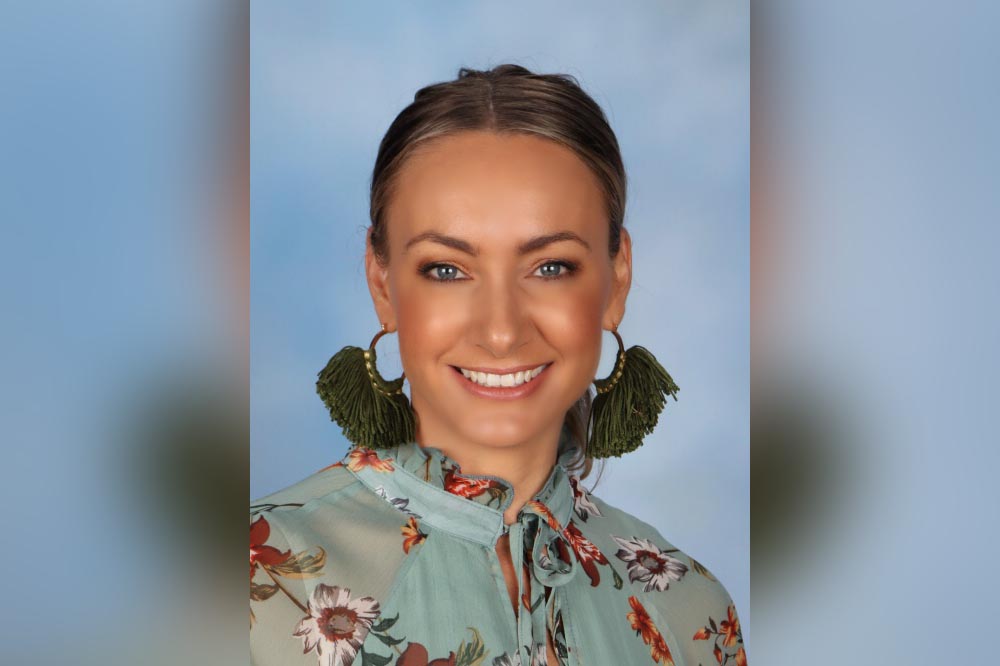
For Samantha Reynolds, head of Arts & Applied Technology and Business at Saint Stephen's College, the last 12 months has been eventful to say the least.
In August 2019, Reynolds was nominated for the Teacher of the Year Award at the Australian Education Awards, with her school taking home the Best School Strategic Plan award, and being nominated as a finalist across four other categories.
One month later, at the Gold Coast Women in Business Awards 2019, Reynolds was nominated in the Innovation and Technology Award and the Futurist Award, being named a Finalist in both categories and winning the Futurist Award.
After navigating the massive and painstaking transition to flexible and remote learning in the first half of this year, Reynolds received the welcome news that she had been named a finalist for Secondary Teacher of the Year ahead of the Australian Education Awards 2020.
Early in the off-campus learning period, Reynolds said she found that students were feeling incredibly isolated, an issue that was clearly impacting their mental wellbeing.
“Hours in online classes was contributing to this. Simply continuing with my ‘normal’ program was not going to improve this,” she told The Educator.
“Therefore, I designed a series of quick design challenges that would involve creative problem-solving using objects around their house; essentially getting them engaging in prototyping activities and away from the screen”.
Reynolds also redesigned a business program that purposely focused on social media marketing.
“I figured students would be engaging in this forum, so why not embrace it and use it as a learning tool,” she said.
“Giving the students time to chat to each other and share ideas and thoughts in the online space also helped them feel more connected”.
A winning formula
Reynolds said academic discipline blended with practical application – what she calls “pracademia” – has been the key to every successful program she has implemented.
“Providing authentic student-centred learning experiences and assessment that mirrors real world practices and engages students with the wider community have always been the most effective and rewarding teaching practices,” she said.
“Where possible, assessment includes complex problem solving and a high degree of peer collaboration”.
Reynolds said linking assessment with broader community outcomes motivates the student to perform at standards beyond “just ticking the boxes of the task”.
“Teaching students Design Thinking strategies and allowing them to ‘fail forward’ has also been valuable”.


